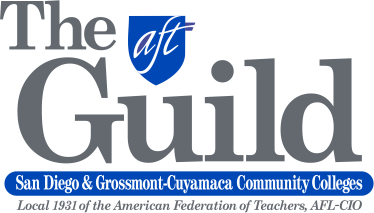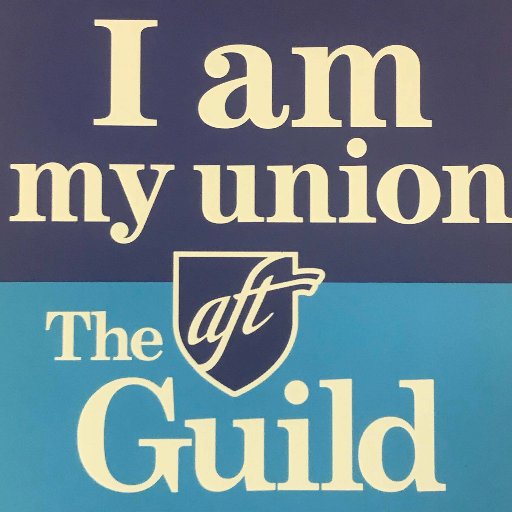The costs of America’s historic level of economic inequality have been growing for decades and no one has more comprehensively addressed this phenomenon than economist Thomas Piketty, who, in a recent New York Times interview, expressed optimism at the potential for progressive change while observing that:
[T]he other lesson from the big picture, from history, is that it takes major political mobilization to keep moving in the direction of equality. In the United States today, the democratic institutions, the rules of the game, are set up in a manner that, indeed, the rich are entrenched. But if you look at opinion polls about a billionaire tax in the U.S. — among Democratic and also Republican voters — you have huge approval. So is the political system able to respond to this, or is it rigged? The lesson from history is that when the political system is rigged, at some point you have a reaction, you have a mobilization.
Unfortunately, much of the political anger at our rigged system has been successfully coopted by the populist right who have only been able to do so because the Democratic party has forgotten their historic role as the party of the working class and the champions of New Deal progressivism. Robert Reich has outlined this sad history (insert link: https://www.eurasiareview.com/10072022-robert-reich-the-democrats-disease-oped/) and argued that “The biggest failure of the Democratic Party — a disease that threatens the very life of the party — has been its loss of the American working class.” Thus, he continues, we need to realize that:
The most powerful force in American politics today is anti-establishment fury at a rigged system. There is no longer a left or right. There is no longer a moderate “center.” The real choice is either Republican authoritarian populism . . . or Democratic progressive populism. Democrats cannot defeat authoritarian populism without an agenda of radical democratic reform — an anti-establishment movement. Democrats must stand squarely on the side of democracy against oligarchy. They must form a unified coalition of people of all races, genders, and classes to unrig the system. Trumpism is not the cause of our divided nation. It is the symptom of a rigged system that was already dividing us.
This Labor Day, as the Democrats find themselves in a fight against the authoritarian right to hold on to their majority, they need to embrace Reich’s advice and one easy way to do this is to stand publicly with a resurgent American labor movement.
With workers pushing to organize at Amazon, Starbucks, Trader Joes, REI, Chipotle, Delta Airlines, and a good number of other previously unlikely workplaces, it is clear that the impetus for unionization in the wake of the economic disruptions of the early pandemic has only intensified. Indeed, the first three quarters of this year have seen a 58% increase in union election petitions, according to the National Labor Relations Board, and as confidence has declined in most American institutions, unions have not suffered the same fate (insert link: https://www.theguardian.com/us-news/2022/jul/27/us-union-boom-starbucks-amazon).
One case in point is the organizing going on at Starbucks that, as Kate Cohen observes in The Washington Post, illustrates how:
American workers are standing up for themselves in encouraging numbers. More than 300 Starbucks stores nationwide have petitioned the National Labor Relations Board to hold a representation election. In 201 of those stores — across 32 states — pro-union forces have won. Just over 40 have lost.
Additionally, with the Inflation Reduction Act giving a boost to the transition to a green economy, we have a chance to marry climate action to the fight against economic inequality. As the Center for American Progress report, “The Clean Economy Revolution Will Be Unionized,” puts it, “Fundamentally, the United States is faced with the greatest opportunity in generations to build a just, inclusive, and sustainable clean economy with millions of good-paying union jobs and chart a path forward in terms of climate solutions.”
Beyond this opportunity, the push for unionization also intersects with the struggles against racial and gender inequality. Recently a Congressional joint economic committee report outlined how “unions provide major economic benefits for workers and families.”. More specifically, the report documents how unionization boosts wages for all workers across industries, including non-union workers, narrows racial and gender economic disparities, and supports quality jobs.
Hence, with a new upsurge of worker militancy fighting hard against a furious backlash from some of the biggest corporations and contemporary Robber Barons in America, why wouldn’t the Democrats want to embrace being the “party of the people” once again? As Hamilton Nolan says of the present moment in the Guardian:
It is also a golden opportunity for a Democratic party that has spent the last six years wringing its hands about losing working-class voters to the pseudo-populist (and racist) appeal of Trumpism. Want to get working people enthusiastic about Democrats again? Then the Democrats should help working people. National Democratic politicians should be holding press conferences decrying the greedy chief executives closing these stores just because workers tried to stand up for themselves. Joe Biden should be screaming his head off about billionaire Starbucks chief Howard Schultz’s disgusting union-busting at the same volume that Ron DeSantis is blathering about “woke corporations”.
Indeed, one wonders, if not now, when? With that in mind, progressives should not just celebrate Labor Day as a tribute to the historical accomplishments of the labor movement but as a wake-up call to win back the American working class to speaking truth to oligarchical power rather than falling back on the same tired neoliberalism.
With Friends Like These, Who Needs Enemies
While it remains to be seen whether the current pro-labor lip service of the Biden Administration will translate into any transformative action, it is clear that some of the union movement’s traditional enemies are trying to get in on the new-found energy they see in worker organizing. As the Los Angeles Times reports:
A startup backed by Silicon Valley venture capitalists, Unit of Work is an unlikely candidate for the role of labor movement champion. Its outside investors have made fortunes backing technologies such as artificial intelligence, cryptocurrencies and video games. One is among California’s foremost critics of public-sector labor unions.
But these people used to multibillion-dollar sales and IPOs see a big opportunity in the atomized, restive condition of America’s workforce and the possibility of transforming it through a new era of unionization. “We only invest in areas where we think we can get a return,” said Roy Bahat, head of Bloomberg Beta, the venture arm of billionaire Mike Bloomberg’s media empire.
Unit’s business model works like this: The startup’s organizers provide free consulting to groups of workers organizing unions within their own workplaces — helping them build support to win elections, advising them on strategy in contract-bargaining sessions, guiding them through paperwork filings and around legal obstacles. Once a contract is in place, members of the new union can decide to pay Unit a monthly fee — similar to traditional union dues — to keep providing support.
More specifically, Tim Draper, the techno-reactionary who filed a ballot measure to ban public sector unions in California, is one of the investors in this project. Why? Draper is fan of what he hopes would be a “decentralized” labor movement without the same structure as the current one and, crucially, without public sector unions.
Of course, this kind of “disruption” of the labor movement would gut its political power and make the public sector more vulnerable to the undemocratic schemes of the billionaire boys’ club. It would also do significant harm to one of the largest organized funding sources of the Democratic party.
So, thanks but no thanks for the help.






0 Comments